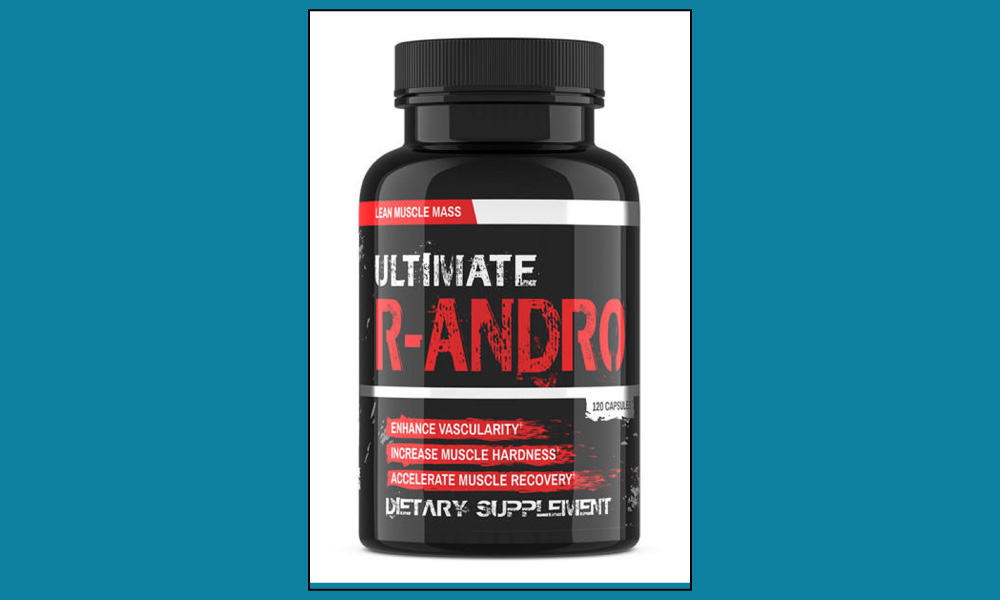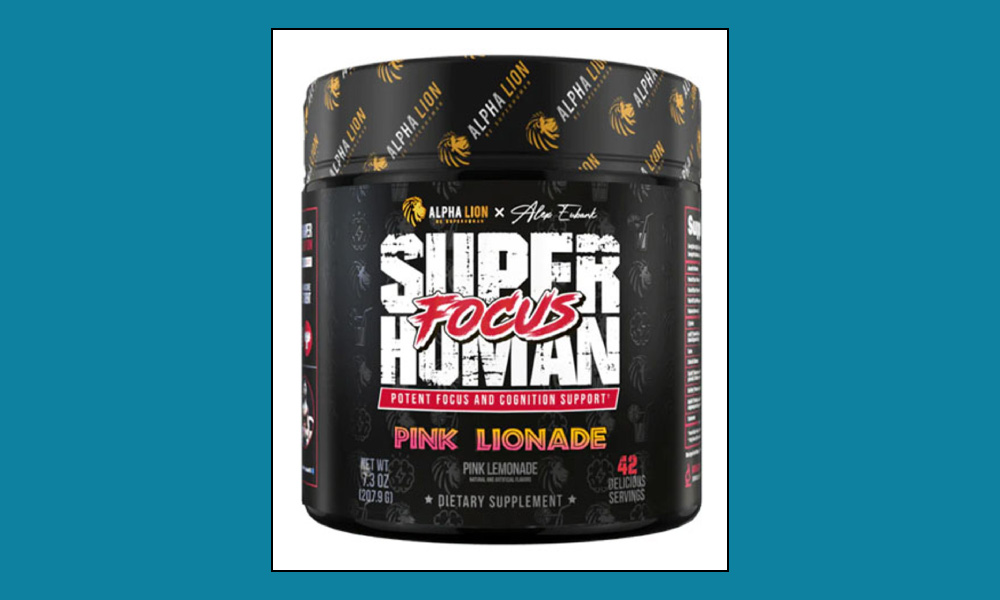Embarking on a journey from a slender physique to one that exudes strength and power is a transformative pursuit that requires a strategic combination of diet, exercise, and supplementation. For those on the quest to transition from skinny to strong, understanding the pivotal role of supplements is essential. This article delves into the intricate details of how supplements can play a crucial role in the bulking journey, offering insights into the types of supplements, their benefits, and the science behind their effectiveness.
In the pursuit of bulking, individuals strive to achieve more than mere physical changes; they aim to build muscle mass, enhance strength, and cultivate a resilient and robust physique. While diet and exercise form the backbone of any successful bulking regimen, the integration of supplements can provide the necessary support to optimize results. This article serves as a comprehensive guide, navigating through the intricacies of various supplements, their functions, and the ways in which they synergize with a well-rounded diet and structured workout routine.
Understanding the Bulking Process
Bulking is a strategic phase in the realm of fitness and bodybuilding, designed to sculpt a more muscular and robust physique. It involves a combination of targeted nutrition, resistance training, and recovery methods to achieve the primary goal: gaining muscle mass and strength.
Definition of Bulking
Bulking is a dietary and training strategy aimed at achieving a caloric surplus, meaning you consume more calories than your body expends. This surplus provides the extra energy needed for intense workouts and supports the muscle-building process. The focus is not only on gaining weight but specifically on increasing lean muscle mass while minimizing fat gain.
The Goal of Bulking: Gaining Muscle Mass and Strength

The overarching objective of bulking supplements is to stimulate muscle growth and enhance overall strength. During this phase, individuals engage in progressive resistance training to challenge their muscles, prompting them to adapt and grow. The surplus of calories ensures that the body has the necessary resources to repair and build new muscle tissue.
Key Points:
- Muscle Mass: Bulking aims to increase the size and volume of muscle fibers.
- Strength: The ultimate goal is to enhance physical strength through progressive resistance training.
- Caloric Surplus: Providing the body with more calories than it burns is crucial for effective bulking.
Challenges Faced by Individuals Aiming to Bulk Up
While bulking can be a rewarding process, it comes with its set of challenges that individuals must navigate to optimize results.
Common Challenges:
- Balancing Calories: Striking the right caloric surplus is essential. Too much may lead to excessive fat gain, while too little may hinder muscle growth.
- Nutrient Timing: Coordinating nutrient intake around workouts can be tricky. Understanding when to consume specific nutrients is vital for muscle recovery and energy levels.
- Quality vs. Quantity: It’s not just about consuming more calories; the quality of those calories matters. Getting the right balance of macronutrients is crucial for muscle development.
- Consistent Training: Staying committed to a consistent and challenging workout routine can be challenging. Overcoming plateaus and adjusting routines as strength increases are part of the process.
- Monitoring Progress: Tracking changes in muscle mass and strength is essential for adjusting the bulking approach. It requires a keen eye on performance metrics, body measurements, and, if possible, body composition analysis.
Tips for Overcoming Challenges:
- Educate Yourself: Understanding the principles of nutrition and training is crucial for making informed decisions.
- Seek Professional Guidance: Consulting with a nutritionist or fitness expert can provide personalized advice.
- Stay Patient: Bulking is a gradual process. Realistic expectations and patience are key to long-term success.
The Role of Diet in Bulking
Achieving a successful bulking transformation is not solely about lifting weights; a well-structured diet is the cornerstone of the process. Let’s delve into the essential elements that make up the diet for effective bulking.
Caloric Surplus: The Foundation of Bulking
The fundamental principle of bulking hinges on a caloric surplus – consuming more calories than your body expends. This surplus provides the necessary energy to fuel intense workouts and supports the increased demands of muscle growth.
Key Points:
- Energy Balance: To gain muscle mass, the body needs an excess of energy, creating a surplus that facilitates muscle repair and growth.
- Calculating Surplus: Determining the right caloric surplus requires consideration of individual factors such as metabolism, activity level, and training intensity.
- Quality Calories: While a surplus is crucial, focusing on nutrient-dense foods ensures that the gained weight is primarily lean muscle, not excessive fat.
Importance of Macronutrients (Protein, Carbohydrates, Fats)
Macronutrients – proteins, carbohydrates, and fats – play distinct yet interconnected roles in supporting the bulking process. Balancing these components is vital for optimizing muscle growth and overall performance.
1. Protein:
- Muscle Repair and Growth: Proteins are the building blocks of muscles. Adequate protein intake is crucial for repairing damaged muscle fibers and promoting new muscle synthesis.
- Timing Matters: Distributing protein intake throughout the day, especially around workouts, enhances its effectiveness in supporting muscle protein synthesis.
2. Carbohydrates:
- Primary Energy Source: Carbohydrates serve as the body’s main fuel source, especially during intense workouts. Consuming sufficient carbs ensures energy availability for optimal training performance.
- Timing for Glycogen Replenishment: Post-workout, focusing on carbohydrate intake aids in replenishing glycogen stores, supporting recovery.
3. Fats:
- Hormone Regulation: Healthy fats play a role in hormone production, including testosterone, a key hormone for muscle growth.
- Caloric Density: While fats are energy-dense, incorporating them in moderation helps meet caloric needs without excessive volume of food.
Micronutrients and Their Significance
Beyond macronutrients, micronutrients – vitamins and minerals – are equally vital for overall health and optimal functioning of the body, especially during the demanding bulking phase.
Key Micronutrients:
- Vitamins (e.g., Vitamin D, Vitamin C):
- Immune Support: Intense training can stress the immune system; adequate vitamins support immune function, ensuring consistent training.
- Collagen Synthesis: Vitamin C is essential for collagen formation, vital for the health of connective tissues.
- Minerals (e.g., Magnesium, Zinc):
- Muscle Contraction: Minerals like magnesium play a role in muscle contraction, aiding performance during resistance training.
- Testosterone Production: Zinc is linked to testosterone production, influencing muscle growth.
Incorporating Micronutrients:

- Diverse Diet: Eating a variety of fruits, vegetables, whole grains, and lean proteins ensures a broad spectrum of micronutrients.
- Supplementation: In cases where it’s challenging to meet micronutrient needs through food alone, targeted supplementation can be beneficial.
Choosing the Right Supplements
Factors to consider when selecting supplements
- Personal fitness goals: It’s crucial to align supplement choices with your specific fitness objectives. Whether you aim to gain muscle mass, increase strength, improve endurance, or enhance overall athletic performance, selecting alpha lion supplements that support these goals is essential. For instance, if your primary objective is muscle growth, you may prioritize protein supplements and creatine, whereas if you’re focused on endurance, supplements like BCAAs and beta-alanine may be more beneficial.
- Dietary preferences and restrictions: Consider your dietary preferences, such as vegetarianism, veganism, or specific food intolerances, when choosing supplements. Some supplements may contain animal-derived ingredients or allergens, while others may be suitable for various dietary restrictions. For example, if you follow a plant-based diet, you’ll want to opt for vegan-friendly supplements. Similarly, individuals with lactose intolerance may prefer lactose-free protein powders.
- Budgetary considerations: Cost is a significant factor for many individuals when selecting supplements. While some supplements may be expensive, others offer more affordable alternatives. It’s essential to balance quality with affordability and consider the long-term financial implications of incorporating supplements into your routine. Additionally, comparing prices across different brands and retailers can help you find cost-effective options without compromising on quality.
Importance of consulting with a healthcare professional or nutritionist before starting any supplementation regimen
Before initiating any supplementation regimen, it’s imperative to seek guidance from a qualified healthcare professional or registered dietitian/nutritionist. These professionals can provide personalized recommendations based on your health status, medical history, current medications, and dietary habits.
- Health assessment: A healthcare professional can assess your overall health and identify any underlying medical conditions or risk factors that may impact supplement selection or dosage. Certain supplements may interact with medications or exacerbate pre-existing health conditions, so it’s crucial to disclose all relevant information during the consultation.
- Individualized recommendations: A nutritionist or dietitian can offer tailored advice based on your specific nutritional needs, fitness goals, and lifestyle factors. They can help you determine which supplements are most suitable for you and provide guidance on proper dosage, timing, and potential side effects.
- Monitoring and adjustment: Consulting with a healthcare professional allows for ongoing monitoring and adjustment of your supplementation regimen as needed. They can track your progress, address any concerns or issues that arise, and make appropriate modifications to optimize your results while minimizing risks.
Integrating Supplements into Your Bulking Routine
Sample Bulking Meal Plans Incorporating Supplements
- Breakfast:
- Meal: Protein-rich breakfast bowl containing oats, Greek yogurt, mixed berries, and a scoop of whey protein powder.
- Supplement: Whey protein shake with water or milk.
- Mid-Morning Snack:
- Meal: Whole-grain toast with almond butter and sliced banana.
- Supplement: BCAA drink or capsule.
- Lunch:
- Meal: Grilled chicken breast with quinoa, steamed broccoli, and a side salad.
- Supplement: Creatine monohydrate mixed in water.
- Afternoon Snack:
- Meal: Cottage cheese with pineapple chunks and a handful of almonds.
- Supplement: Beta-alanine capsules.
- Pre-Workout:
- Meal: Whole-wheat toast with honey and sliced banana.
- Supplement: Pre-workout supplement containing caffeine and nitric oxide boosters.
- Post-Workout:
- Meal: Protein smoothie made with almond milk, frozen berries, spinach, and a scoop of whey protein powder.
- Supplement: Glutamine powder mixed with water.
- Dinner:
- Meal: Grilled salmon with sweet potato mash and roasted asparagus.
- Supplement: Fish oil capsules for omega-3 fatty acids.
- Evening Snack:
- Meal: Greek yogurt with sliced strawberries and a drizzle of honey.
- Supplement: Casein protein shake before bed to support overnight muscle repair.
Strategies for Incorporating Supplements into Pre and Post-Workout Nutrition
- Pre-Workout:
- Take supplements that provide energy, focus, and endurance, such as pre-workout formulas containing caffeine, beta-alanine, and BCAAs.
- Ensure to consume a balanced meal containing carbohydrates and protein around 1-2 hours before the workout to provide sustained energy and promote muscle recovery.
- Post-Workout:
- Focus on fast-digesting protein sources like whey protein to initiate muscle repair and growth immediately after exercise.
- Combine protein with carbohydrates to replenish glycogen stores and promote muscle recovery.
- Consider supplementing with additional nutrients like creatine and glutamine to enhance recovery and muscle growth.
- Consider supplementing with additional nutrients like creatine for runners and glutamine to enhance recovery and muscle growth.
Conclusion:
As you embark on your journey from being skinny to strong, the role of supplements in your bulking journey cannot be overstated. While proper nutrition and consistent training lay the foundation for muscle growth and strength gains, supplements serve as invaluable tools to optimize your results. From protein powders to creatine and beyond, these supplements provide targeted support to fuel your workouts, enhance recovery, and promote muscle synthesis.
Navigating the world of bulking supplements can be overwhelming, but armed with knowledge and understanding, you can make informed choices that align with your goals and preferences. Consider factors such as your fitness objectives, dietary needs, and budget when selecting supplements, and always consult with a healthcare professional or nutritionist for personalized guidance.















